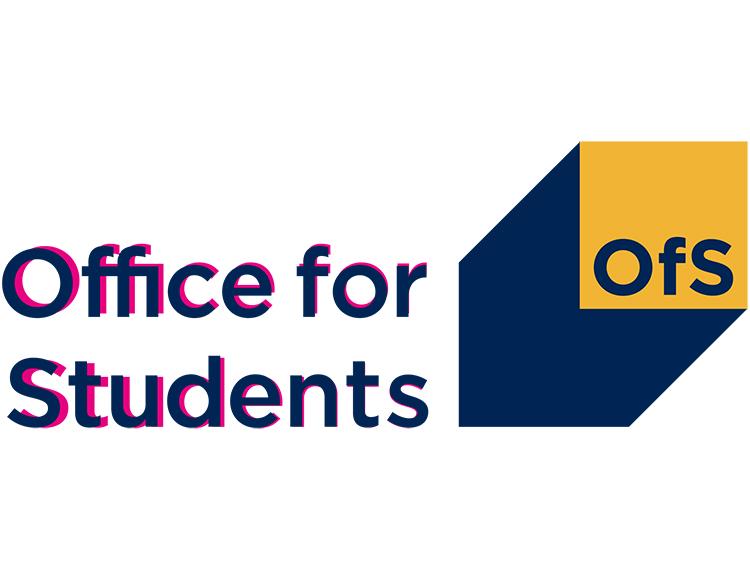New ‘What Works’ centre to help universities cut equality gaps

An evidence and impact exchange – which will be set up by a consortium from King’s College London, Nottingham Trent University and the Behavioural Insights Team – will promote equality of opportunity by providing evidence on the impact of different approaches to widening access and improving outcomes and progression for disadvantaged students.
It follows the OfS’s announcement of ambitious targets to eliminate gaps in entry and drop-out rates between the most and least represented groups, and gaps in degree outcomes between white and black and disabled and non-disabled students.
The OfS is also today publishing new guidance for the access and participation plans universities must set towards these targets and have approved as a condition of their registration with the OfS.
Chris Millward, Director for Fair Access and Participation at the OfS, said:
‘All students should have equal opportunities to access and succeed in higher education, and to achieve successful and rewarding careers, but this is not currently the case, and the rate of progress in achieving equality is far too incremental.
‘We are committed to achieving transformational change, and we’re setting high expectations through our regulation to make that happen. But we’re also investing significantly in supporting universities to meet their targets by working in the most impactful ways.
‘A huge amount of time, money and resources are already invested in access and participation, but there is a lack of understanding about what works, and staff working at the coal face have been calling for a central place for evidence on effective approaches to be systematically gathered and shared. The evidence and impact exchange will meet this need, improving outcomes for students and providing better value for money on the investments that are made.
‘At the same time, we will expect universities to set stretching targets for themselves and take real action to close gaps in their institutions. This is the start of a new, more strategic approach to improving access and participation, and we expect universities to up their game.
‘I often hear university leaders say that improving equality of opportunity and outcomes is a top priority for them, and that a great university must be fully inclusive of talent and potential from all backgrounds. My message to them is clear: this is the moment to act on it.’
This week the Education Secretary will be issuing guidance to the Office for Students setting out his priority areas for the regulator to focus on in the coming financial year, including greater and faster progress on access and participation for disadvantaged and under-represented groups.
Education Secretary Damian Hinds said:
‘We have introduced reforms to make sure that higher education is open to everyone who has the talent and potential – and there is a record rate of disadvantaged 18-year-olds going to university, but it is important that we build on this progress.
‘That’s why the guidance I have issued this week challenges the OfS to drive greater and faster progress, not just on the breadth of widening access but on depth to make sure that everyone, no matter their background, has the opportunity to study at the best universities, transform their lives and go on to successful careers.
‘We set up the OfS to champion the interests of students and have required providers charging higher fees to approve access and participation plans with the OfS. The guidance published today, as well as evidence from the new research centre, will help institutions to ensure their work means all parts of society have fair access.
‘But participation also has to mean successful participation, which is why I have asked the OfS to drive a focus not just on access but on progression, completion rates and ultimate employment.’
David Halpern, the government’s What Works National Adviser, said:
‘I’m delighted to welcome the evidence and impact exchange to the What Works Network as an affiliate member. We know that students from disadvantaged backgrounds are less likely to go to university and less likely to achieve top grades while there. But despite considerable expenditure and effort, there are a lot of gaps in our knowledge about ‘what works’. This new initiative will bring new rigour and vigour to help universities across the country address this gap.’
Susannah Hume, Interim Director of the evidence and impact exchange and Associate Director for What Works at King’s College London, said:
‘We hope the evidence and impact exchange will be a powerful force for good in the sector, helping senior decision makers and practitioners base their access and participation initiatives on the best evidence of what works.’
The Office for Students is the independent regulator for higher education in England. Our aim is to ensure that every student, whatever their background, has a fulfilling experience of higher education that enriches their lives and careers.
In 2016-17, the most recent academic year for which we have data, universities, colleges and other higher education providers invested £887.7 million in widening participation activity, of which £745.6 million came through access agreements, the predecessors of access and participation plans.
The evidence and impact exchange will join the government’s What Works Network as an affiliate member.











Responses